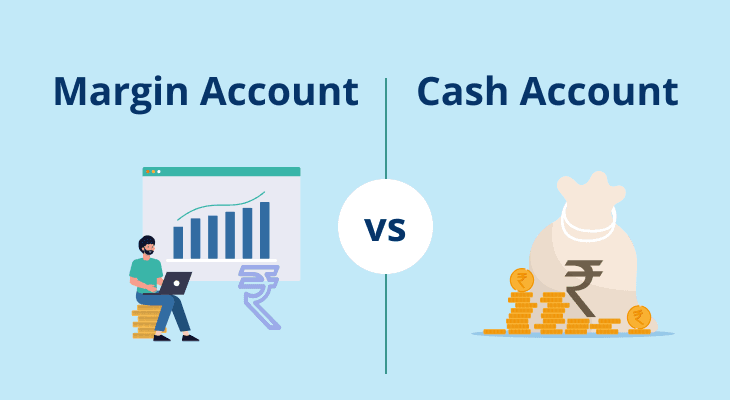
What is zero brokerage on equity delivery?
Every product and service carries a cost, and trading in the securities market is no exception. A host of charges are levied on every trade you place. The biggest of these charges is brokerage, which acts as a consideration for the broker to facilitate trading for its clients. Most brokers in India charge brokerage on all transactions - equity delivery, intraday, futures and options etc. Understanding the brokerage charged on your trade goes a long way in strategizing your future trades.
What is brokerage on equity delivery?
Equity delivery trading refers to buying shares with the intention of holding them for the foreseeable future, unlike intraday trading. Despite being a long-term investment, delivery trading does attract a gamut of charges, including:
Securities Transaction Tax (STT)
Goods and Services Tax (GST)
Brokerage charges
Stock exchange charges
SEBI turnover fees
Stamp duty, etc.
How is brokerage calculated on equity delivery transactions?
Brokerage charged on equity delivery trade depends on your brokerage plan. In case you trade with a full-service broker, you will be charged a percentage on the total trade value. If you trade with a discount broker, you will be charged a flat fee on every transaction, irrespective of the order size. Let us understand on how to calculate brokerage on equity delivery trade under both full service and discount broker with the following example: Anand purchased 100 shares of Infosys Ltd. at the market price of ₹1,600 per share. His total trade value was ₹1.6 lakhs.
Brokerage charged under full service broker:
Assuming 0.5% brokerage, the total brokerage paid by Anand would be ₹800.
Brokerage charged under discount broker:
Since this is an equity delivery trade, there is only one side to this trade i.e. the buy side. So, assuming the discount broker charges ₹20 per executed order, Anand’s total brokerage payable will be ₹20.
But wait, there’s also a third brokerage option - Zero Brokerage.
What is zero brokerage on equity delivery with m.Stock?
Zero brokerage on equity delivery is the elimination of brokerage charges on an equity delivery order. In a traditional brokerage model like we saw above, brokerage is charged on the total trade value. However, in a zero brokerage trading model, brokerage charges are eliminated and replaced with a one-time account opening fee. While still in the nascent stages, zero brokerage is gaining popularity and momentum, especially among retail investors, who want to save every penny possible. One of the biggest pioneers of zero brokerage in India are m.Stock by Mirae Asset. They offer two types of Demat account -
Free demat account, which gives you zero brokerage on equity delivery.
Free delivery account, where only equity delivery, IPOs and MFs are free. You will have to pay brokerage of ₹5 on intraday, F&O, Currencies etc.
With thousands in brokerage savings at stake, opening a free demat account with m.Stock is a no brainer, especially if you are an active trader and investor. So, don't let your hard-earned money go to waste. Open m.Stock’s free demat account today and trade free across products - equity delivery, mutual funds and IPOs etc.
Read Also: What is Zero Brokerage Trading Account?
Read Also: What All is Free in Zero Brokerage
FAQ
What is free equity delivery brokerage?
Free equity delivery brokerage is a brokerage model where your broker does not charge brokerage on delivery trades.
How can I trade with zero brokerage?
You can open a free Demat account with a brokerage firm like m.Stock by Mirae Asset and trade across products including equity delivery, absolutely free of cost.
What is the difference between equity delivery and intraday?
The primary difference between equity delivery and intraday trading is that in the former, the securities are purchased with the intent of long-term retention whereas in intraday trading, securities are sold on the same trading day.


